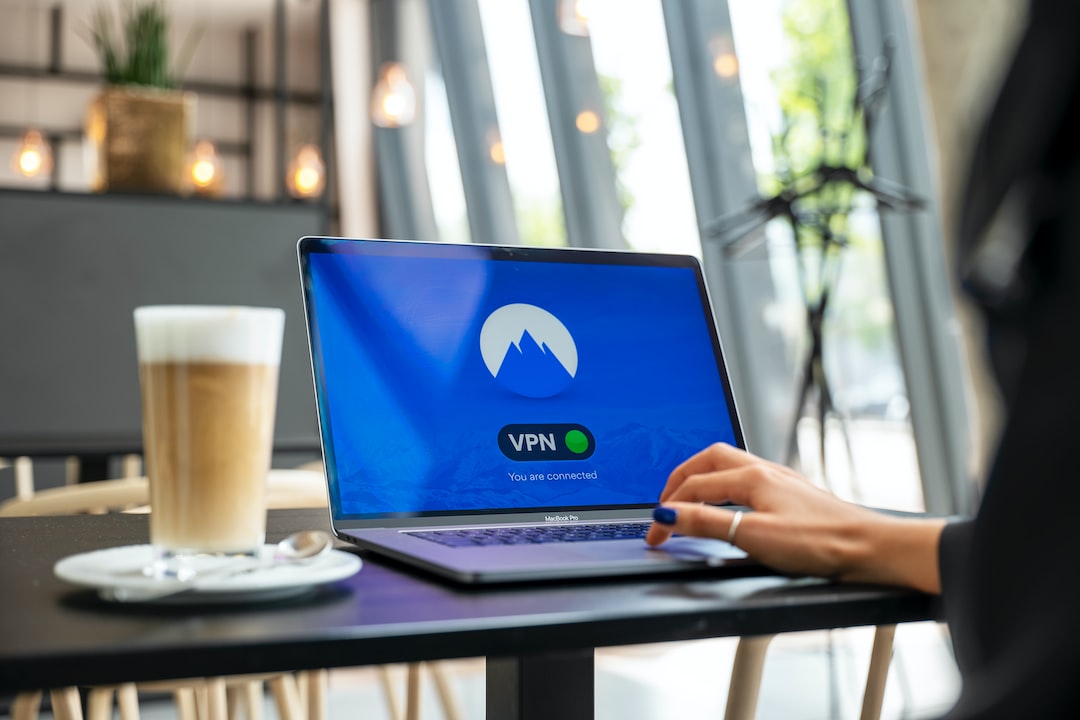Stay Connected and Protected: Why Every Business Needs a VPN for Remote Access
Keeping your business secure whilst enabling modern working conditions for your staff

Using a business VPN for remote access
In today's digital landscape, where remote work is becoming more prevalent, businesses must prioritise staying connected and protected.
With an increasing number of employees accessing company resources from outside the office, the need for a reliable Virtual Private Network (VPN) is paramount.
A VPN not only ensures a secure and encrypted connection but also allows businesses to maintain control over their confidential data.
By incorporating a VPN for remote access, companies can safeguard their sensitive information from cyber threats and unauthorised access.
With features like strong encryption, secure tunnelling, and IP masking, a VPN creates a secure communication channel between remote employees and company servers, preventing potential breaches and data leaks.
Furthermore, a VPN enables businesses to bypass geographical restrictions, empowering employees to access restricted sites and resources, no matter where they are located.
This increased flexibility and accessibility can enhance productivity and collaboration among team members.
With the growing trend of remote work, it's imperative for businesses to take proactive measures by implementing a VPN.
By doing so, organisations can ensure their data remains protected while enabling seamless and secure remote access for their workforce.
The importance of remote access for businesses Remote access has become an essential aspect of modern business operations.
It offers numerous benefits, including increased productivity, cost savings, and access to a global talent pool.
However, without the proper security measures in place, remote access can also pose significant risks to a company's sensitive information.
Understanding the risks of remote access without a VPN When employees connect to company resources without a VPN, they are vulnerable to various cyber threats.
Hackers can intercept data transmitted over unsecured networks, such as public Wi-Fi, and gain unauthorised access to confidential information.
This puts not only the employees' data but also the company's sensitive data at risk.
Additionally, without a VPN, remote employees may encounter geographical restrictions that limit their access to certain websites and resources.
This can hinder productivity and collaboration, especially when working on projects that require access to specific tools or information.
How a VPN works to protect remote access
A VPN creates a secure communication channel between remote employees and company servers by encrypting data and routing it through a secure tunnel.
This encryption ensures that even if intercepted, the data remains unreadable to unauthorised individuals.
Furthermore, a VPN masks the user's IP address, making it appear as though they are accessing resources from a different location.
This allows employees to bypass geographical restrictions and access restricted sites and resources, regardless of their physical location.
Benefits of using a VPN for remote access
Implementing a VPN for remote access offers several benefits for businesses.
Firstly, it provides a secure and encrypted connection, ensuring that sensitive data remains protected from cyber threats.
By encrypting data, a VPN prevents potential breaches and data leaks, giving businesses peace of mind knowing that their confidential information is secure.
Secondly, a VPN enables employees to access restricted sites and resources, regardless of their geographical location.
This increased flexibility and accessibility can enhance productivity and collaboration among team members, especially when working on cross-border projects.
Lastly, a VPN allows businesses to maintain control over their data.
By routing all remote access through the VPN, organisations can monitor and manage the flow of information, ensuring that it remains within their control and preventing unauthorised access.
Key features to look for in a business VPN solution
When selecting a VPN solution for remote access, it's essential to consider certain key features.
Firstly, strong encryption protocols, such as AES-256, ensure that data remains secure even when transmitted over unsecured networks.
Additionally, a VPN should offer secure tunnelling, which protects data from potential interception during transmission.
Another crucial feature to consider is IP masking.
A VPN should allow employees to connect from different locations and mask their IP addresses, giving them unrestricted access to resources regardless of geographical restrictions.
Furthermore, ease of use and compatibility with various devices and operating systems should be considered when choosing a VPN solution.
A user-friendly interface and compatibility with popular platforms ensure a seamless experience for remote employees.
Find out more about installing your Business VPN. Speak to us today .
Updated: 24th January 2024

David Furnevall
Digital Content & Marketing Executive @ Aspire. I help you find solutions to your business tech challenges.